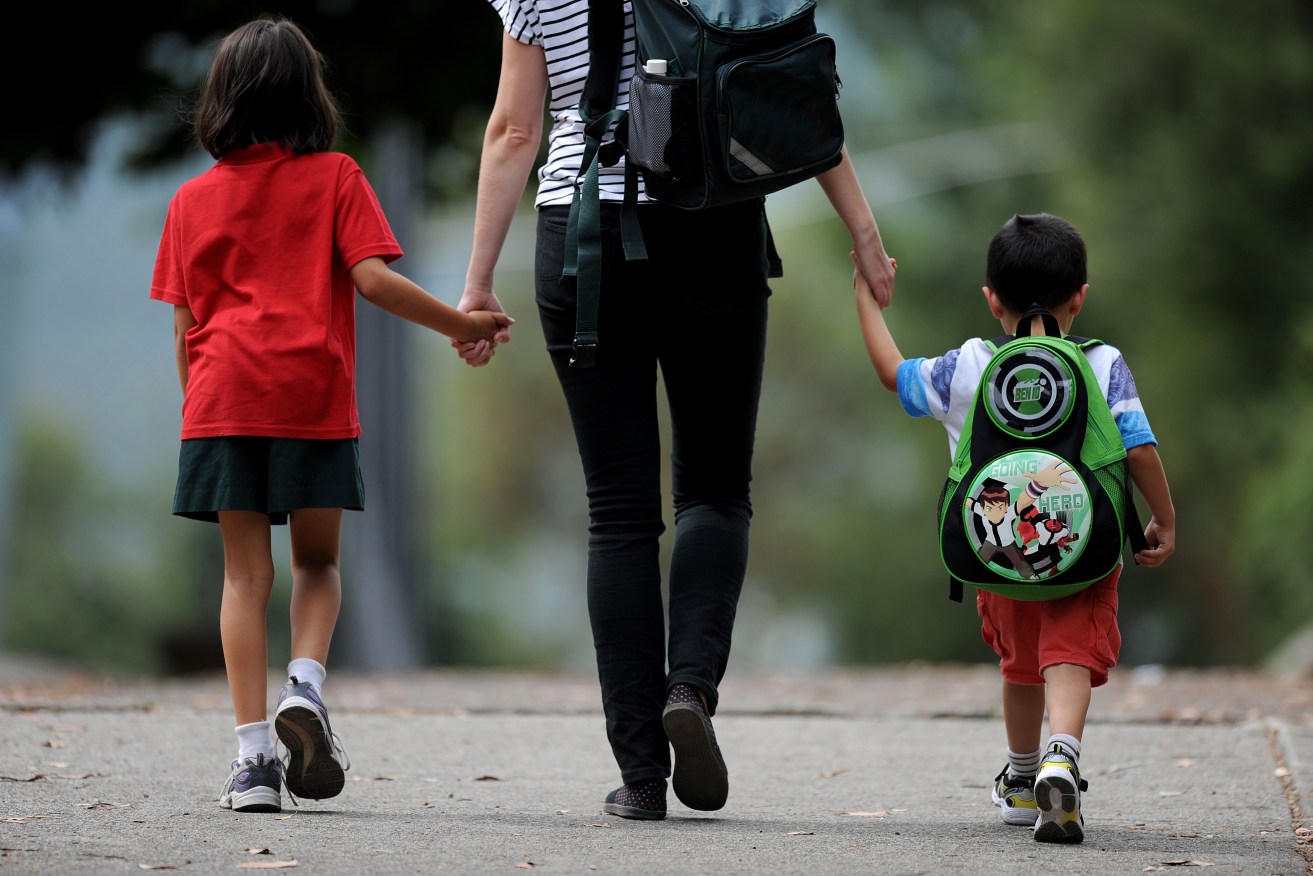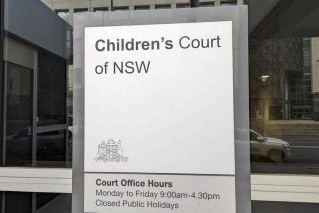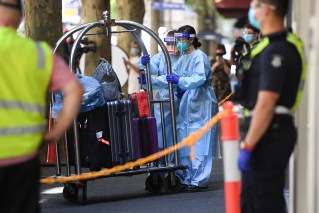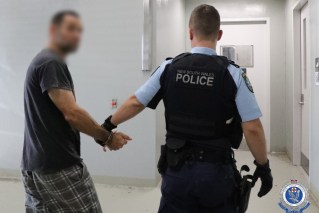Half of Victorian kids experience anxiety, but parents ill equipped: Study

The hospital has launched a campaign to help parents recognise the signs of anxiety in children. Photo: AAP
Half of Victorian children are experiencing problems with anxiety, yet only one in three parents can confidently tell when their kids might need professional help, according to the Royal Children’s Hospital.
Parents can also only generally recognise half the common warning signs that indicate possible mental health problems in children, raising the alarm for carers to become better acquainted with them.
Parents struggling to distinguish “normal” worries from anxiety that requires professional help is understandable, pediatrician Anthea Rhodes says.
Anxiety can manifest in health concerns and common behavioural issues such as trouble sleeping or avoiding school.
“And of course, it’s normal for a child to be worried or anxious sometimes,” Dr Rhodes said.
“When worries and fears are ongoing or excessive, and stop a child from getting on with life and enjoying everyday activities, it’s a sign of something more serious and time to think about getting some professional help.”
Today and every day, we choose to focus on empowering and inspiring everyone to connect meaningfully to those around them. By listening without judgement and checking in, you can help someone navigate their way through a difficult time @ruokday 💛 pic.twitter.com/q8d1mxcCvz
— The Royal Children's Hospital, Melbourne (@RCHMelbourne) September 8, 2022
Parents who took party in a recent poll by the Royal Children’s Hospital said 50 per cent of children were experiencing problems with anxiety, and of those, 14 per cent reported a “big” problem.
Girls were more likely to have anxiety than boys, and children with a moderate or big problem with their anxiety were a little more than 10 years old on average.
Parents with a low socioeconomic background were also more likely to report problems with their children’s anxiety.
The poll surveyed 1285 Victorian parents in July and August this year, accounting for more than 2160 children between the ages of three and 17.
Women were more likely than men to be able to confidently differentiate between normal worries and problematic anxiety.
On the mental health front, one in 10 parents could not recognise any signs or symptoms associated with mental health problems.
Parents most commonly recognised the signs of often being worried and anxious, and frequent headaches or stomach aches.
They were least likely to recognise the signs of children having trouble being separated from their parent or carer and making little or no progress when it came to learning.
“It’s important for us to help parents, educators and other caregivers to improve their mental health knowledge,” Dr Rhodes said.
“When anxiety is picked up in the early stages, children can be supported to stop it escalating.
“Long term, this could mean the difference between a child needing to see a psychologist or not.”
The hospital has launched an online campaign to help parents recognise the signs of anxiety when they appear frequently, in an ongoing pattern, and cause children to struggle with or avoid everyday activities.
The signs include difficulty sleeping, avoiding everyday situations, tantrums or meltdowns, headaches or tummy aches, and changes in appetite.
Lifeline 13 11 14
Kids Helpline 1800 55 1800 (for people aged 5 to 25)
-AAP








